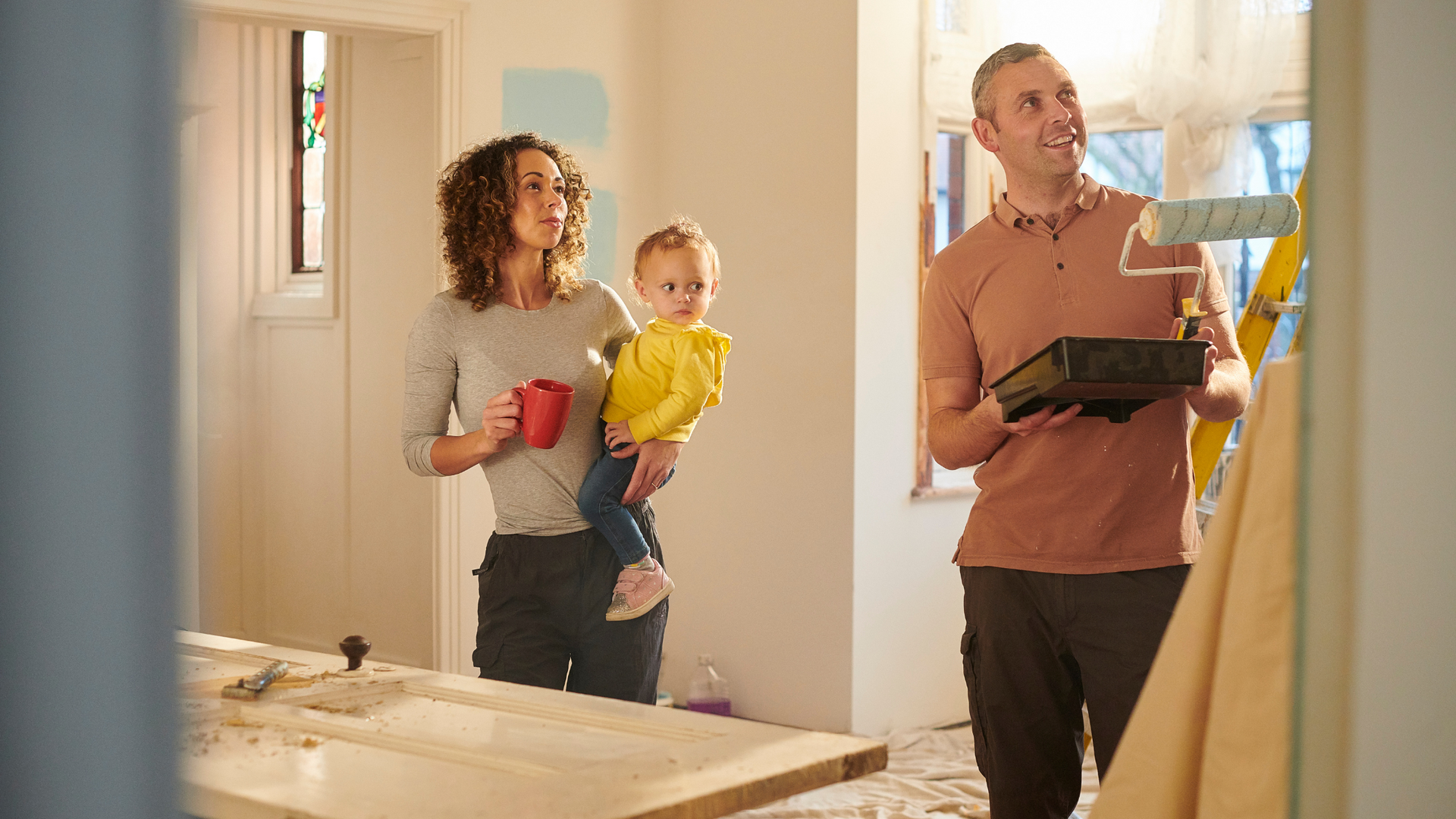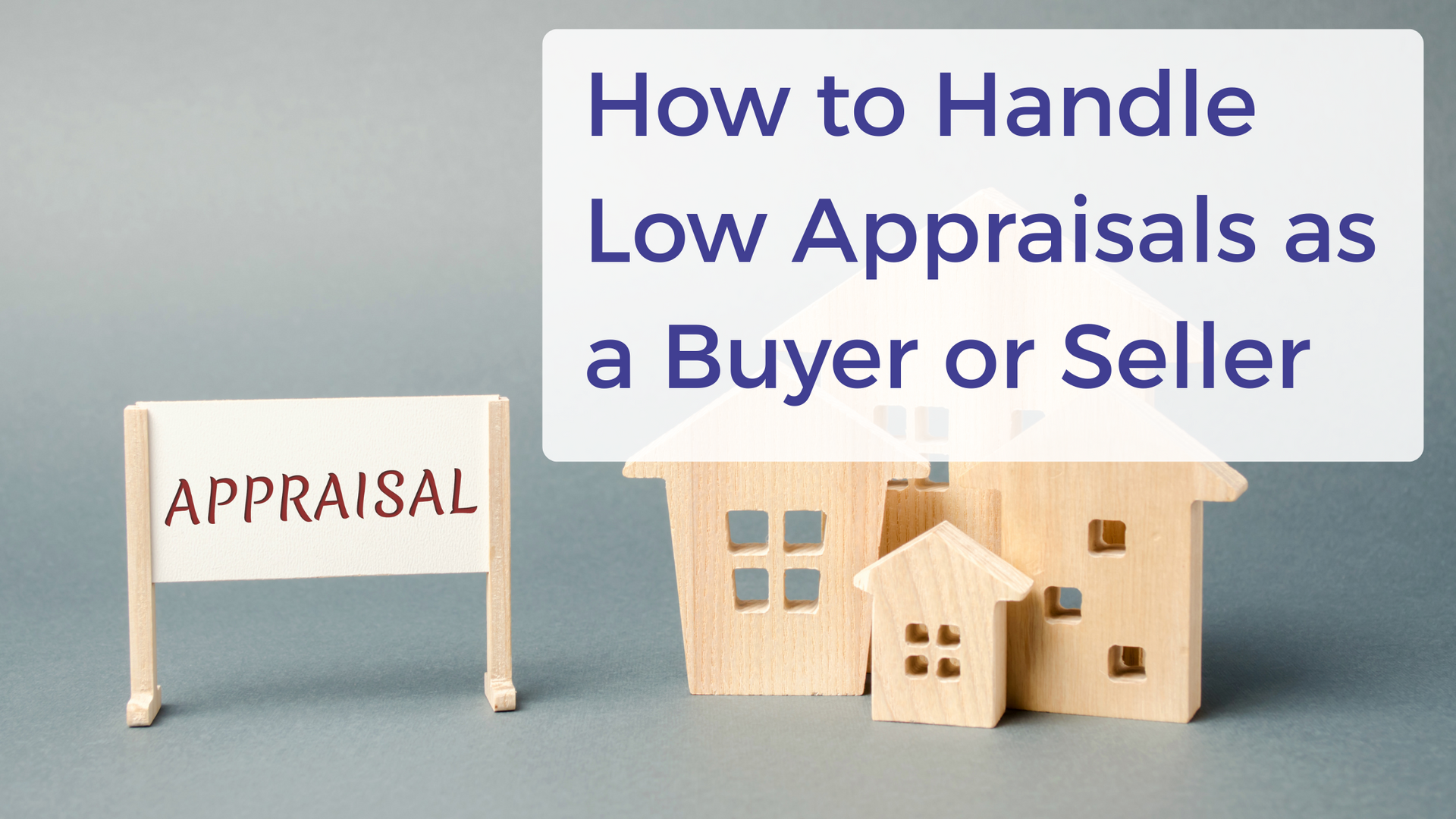Thinking about buying a fixer-upper? The idea is tempting—especially with the potential for a lower purchase price, a personalized home, and possibly even equity gains.

But before you jump in, it’s important to look beyond the charm of renovation dreams and truly understand the costs—both financial and emotional—of taking on a home in need of work.
In this post, we’ll break down:
- What a fixer-upper really is
- The pros and cons
- The hidden costs buyers often overlook
- How to decide if it’s the right move for you
What Is a Fixer-Upper?
A fixer-upper is a home that needs repairs, updates, or even major renovations before it’s fully livable or up to your desired standard.
These homes can range from slightly outdated properties (think old flooring and outdated kitchens) to those requiring extensive structural work. They’re often priced lower than comparable move-in-ready homes in the same neighborhood, making them appealing to bargain-seeking buyers.
However, the lower listing price doesn’t always equal a cheaper overall investment.
The Pros of Buying a Fixer-Upper
Before we dive into the costs, here’s why many buyers consider fixer-uppers:
- Lower Purchase Price – Typically less upfront compared to a turnkey home.
- Customization Opportunities – Design the home to match your personal taste and lifestyle.
- Potential for Equity – Renovations can boost value and build equity faster.
- Less Competition – Many buyers shy away from projects, giving you an edge.
If you have the time, patience, and vision, buying a fixer-upper can be rewarding. But it’s just as important to understand the potential downsides.
The True Costs of a Fixer-Upper
While the sticker price might be appealing, fixer-uppers often come with hidden costs.
1. Renovation and Repair Expenses
Renovations can range from cosmetic (paint, flooring, fixtures) to structural (foundation, plumbing, electrical). Even small projects add up fast:
- Cosmetic updates: $5,000–$20,000
- Kitchen remodel: $15,000–$50,000+
- Bathroom remodel: $10,000–$30,000
- Major structural repairs: $20,000–$100,000+
Tip: Always get a professional inspection and contractor estimates before making an offer.
2. Permits and Code Compliance
Older homes often need updates that must meet current building codes. This can mean:
- Hiring licensed contractors
- Paying city permits
- Scheduling inspections (and dealing with delays)
Skipping permits is never a good idea. It might save money in the short term, but it can create major headaches — including legal issues — especially when selling the property later.
3. Temporary Housing or Limited Use
If the home isn’t livable during renovations, you may need to pay for temporary housing. Even if you stay, expect dust, noise, and inconvenience.
4. Financing Challenges
Some fixer-uppers don’t qualify for traditional mortgages. Instead, you may need a renovation loan like an FHA 203(k) or Fannie Mae HomeStyle, which are more complex than standard loans.
5. Time and Stress
The emotional cost is often overlooked. Renovations can bring:
- Delays
- Budget overruns
- Unforeseen issues (mold, termites, bad wiring)
Ask yourself if you have the patience for months—or even years—of ongoing work.
How to Decide If a Fixer-Upper Is Worth It
Here’s how to evaluate whether the investment makes sense:
- Get a Detailed Home Inspection
Non-negotiable. It uncovers hidden problems like foundation issues, old wiring, or asbestos. - Research Renovation Costs in Your Area
Prices vary widely—get multiple contractor quotes and add a 10–20% buffer for surprises. - Compare the After-Repair Value (ARV)
Look at comparable move-in-ready homes. If purchase price + renovations > ARV, it’s likely not a smart investment. - Be Honest About Your Skills and Time
DIY saves money but requires skill and patience. If you’ll rely fully on contractors, your costs will be higher.
When a Fixer-Upper Makes Sense
Buying a fixer-upper can be a smart move if:
- You want a specific neighborhood but can’t afford turnkey homes
- You’re willing to live through renovations to build equity
- You have extra funds set aside for repairs
- You enjoy the process of transforming a home
When to Avoid a Fixer-Upper
Think twice if:
- You’re on a tight timeline and need a fully functional home now
- You don’t have extra savings for unexpected repairs
- The home has major structural issues
- Renovation stress would overwhelm you
Sometimes paying more upfront for a move-in-ready home is the better long-term financial and emotional choice.
Final Thoughts
A fixer-upper can be a great opportunity—but only if you go in prepared. Lower prices don’t always translate to savings once you add in renovations, permits, temporary housing, and the stress of managing the process.
If you’re considering buying a fixer-upper (or a move-in-ready home), let’s talk. I’ll help you review your financing options, estimate real costs, and make a plan that fits your long-term goals.
Reach out to me today—I’d love to help you make the best move for your future.
Sources for cost estimates:
- HomeAdvisor & Angi 2025 Cost Guides – Renovation and remodel ranges (kitchen, bathroom, flooring, structural, etc.)
- HUD.gov – FHA 203(k) Loan Program – FHA renovation loan detailsHomeAdvisor & Angi 2025 Cost Guides
- Fannie Mae – HomeStyle Renovation Loan – Conventional renovation financing option


